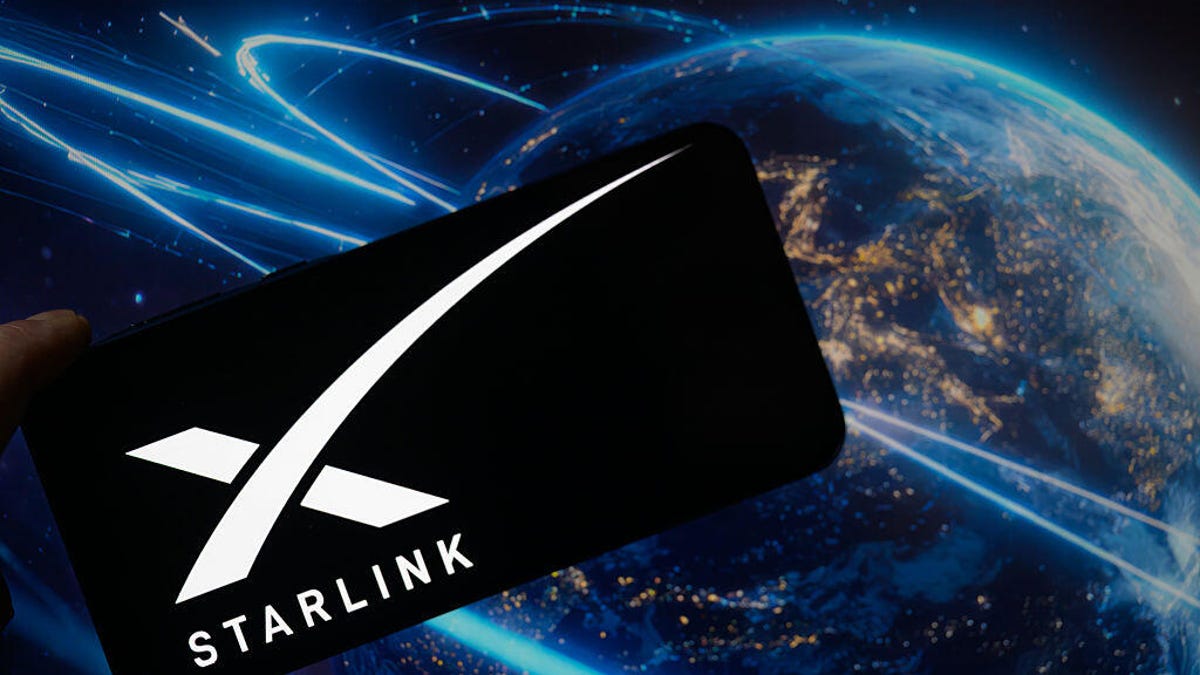On Wednesday, just one day after SpaceX acquired $17 billion of wireless spectrum from telecommunications company EchoStar, Elon Musk made some typically bold claims for how he would put it to use. The second-richest person in the world described a vision where Starlink could be your one-stop-shop for connectivity, whether at home or when you’re away from your Wi-Fi.
On the All-In podcast, Musk said Starlink could eventually combine its home internet service with mobile. But he was careful to note that Starlink wouldn’t be putting AT&T, T-Mobile and Verizon out of business anytime soon – those companies still own far more of the wireless spectrum that’s used to send texts, make calls and stream videos. But the billionaire grinned when it was suggested that one way to acquire more spectrum would be to purchase Verizon outright.
“It’s not out of the question,” Musk said. “I suppose that may happen.”
The SpaceX CEO also outlined a plan to utilize the newly acquired spectrum to use Starlink satellites, which SpaceX calls “cell towers in space,” to send data directly to customers’ phones. Out of SpaceX’s 8,140 total satellites in orbit, 657 are direct-to-cell. The rest are used for Starlink’s internet service.
“This is kind of a long-term thing,” Musk said of the EchoStar spectrum purchase. “It will allow SpaceX to deliver high-bandwidth connectivity directly from the satellites to the phones. But there are hardware changes that need to happen in the phone.”
Watch this: Hands-On with T-Mobile’s T-Satellite Service
In order to use the EchoStar spectrum, cellphones would have to be outfitted with chipsets that work with those frequencies. Musk estimates that would take about two years.
“I think their place in the ecosystem is to support the big carriers by providing satellite connectivity so that they can connect anywhere, anytime,” Jeff Moore, an industry analyst with Wave7 Research, told CNET.
In July, SpaceX launched a partnership with T-Mobile that uses Starlink satellites to fill connectivity gaps in dead zones around the country. Customers enrolled in the T-Satellite service can send SMS texts right now, but the service will expand next month to include data support in third-party apps like AccuWeather, AllTrails, WhatsApp and X.
The new EchoStar spectrum would essentially hypercharge the Starlink’s direct-to-cell bandwidth capabilities, but it will take some time to get there.
“It’s out there already, but the more capacity you have, the better, and the more frequencies you have the better,” says Moore. “There’s certainly room for improvement. I think that’s the intention of the spectrum transaction.”
Don’t miss any of our unbiased tech content and lab-based reviews. Add CNET as a preferred Google source.
Read the full article here


